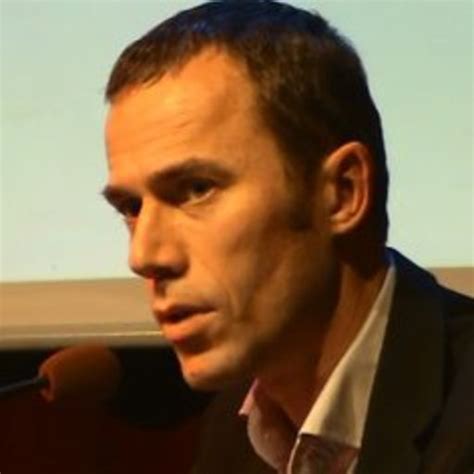A Quote by Stephen Jay Gould
We should take comfort in two conjoined features of nature: first, that our world is incredibly strange and therefore supremely fascinating, second, that however bizarre and arcane our world might be, nature remains potentially comprehensible to the human mind.
Related Quotes
Even in a jungle, lovely flowers will spring up here and there, such being the fecundity of nature, and however badly our pastors and masters run our society, however much they pull to pieces that which they claim to be keeping intact, nature remains fecund, human beings are born with human traits, sometimes human strength outweighs human weakness, and human grace shows itself amid human ugliness. ‘In the bloodiest times,’ as our play has it, ‘there are kind people.’
Nature consists of facts and of regularities, and is in itself neither moral nor immoral. It is we who impose our standards upon nature, and who in this way introduce morals into the natural world, in spite the fact that we are part of this world. We are products of nature, but nature has made us together with our power of altering the world, of foreseeing and of planning for the future, and of making far-reaching decisions for which we are morally responsible. Yet, responsibility, decisions, enter the world of nature only with us
Let us, then, take our compass; we are something, and we are not everything. The nature of our existence hides from us the knowledge of first beginnings which are born of the nothing; and the littleness of our being conceals from us the sight of the infinite. Our intellect holds the same position in the world of thought as our body occupies in the expanse of nature.
Understanding human nature must be the basis of any real improvement in human life. Science has done wonders in mastering the laws of the physical world, but our own nature is much less understood, as yet, than the nature of stars and electrons. When science learns to understand human nature, it will be able to bring a happiness into our lives which machines and the physical sciences have failed to create.
I believe that the basic nature of human beings is gentle and compassionate. It is therefore in our own interest to encourage that nature, to make it live within us, to leave room for it to develop. If on the contrary we use violence, it is as if we voluntarily obstruct the positive side of human nature and prevent its evolution.
The Word of God makes use of poetic imagery when discussing... formless intelligences but... it does not do so for the sake of art, but as a concession to the nature of our own mind. It uses scriptural passages in an uplifting fashion as a way, provided for us from the first, to uplift our mind in a manner suitable to our nature.
Mystical experience of nature can be of particular relevance to our troubled age, bringing deeper into our consciousness and emotions the logic that nature sustains humanity as humanity must, in turn, sustain nature. Rationality alone, however, cannot be our guide in the task of restoring our environment. A spiritual connection to nature must inspire the emotional commitment that is the yin, complementing the yang of intellectual understanding.
However, there is a fundamental difference between the issue related to Japan's history and our negotiations with China. What is it all about? The Japanese issue resulted from World War II and is stipulated in the international instruments on the outcomes of World War II, while our discussions on border issues with our Chinese counterparts have nothing to do with World War II or any other military conflicts. This is the first, or rather, I should say, the second point.
It is part of our human nature to want to be liked. It is part of our human nature to worry about what others think of us. It is an attribute of greatness and of American exceptionalism to not surrender to our nature, but to be guided by an inner calling to persevere and to prevail, no matter the personal cost.
Every person in the world is by nature a slave to sin. The world, by nature, is held in sin's grip. What a shock to our complacency- that everything of us by nature belongs to sin. Our silences belong to sin, our omissions belong to sin, our talents belong to sin, our actions belong to sin. Every facet of our personalities belong to sin; it own us and dominates us. We are its servants.





































